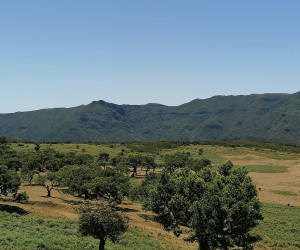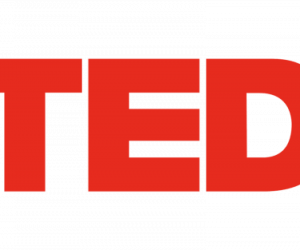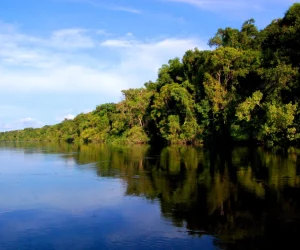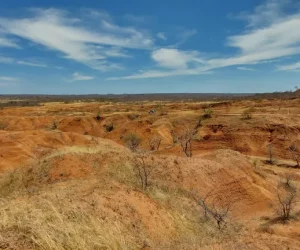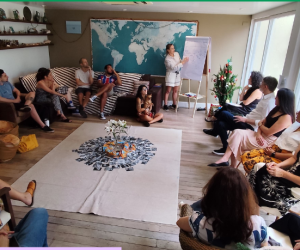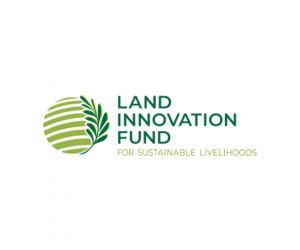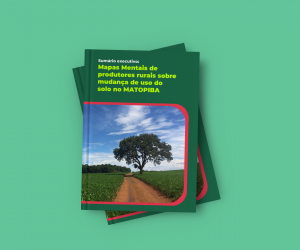News > Clipping
09.08.23
ACHIEVING AGRICULTURAL SUSTAINABILITY IN MATOPIBA
Research by the International Institute for Sustainability highlights challenges and opportunities for financial mechanisms to foster environmental conservation in the country’s fastest-growing agricultural frontier.
With 91% of its area covered by the Cerrado biome, Matopiba’s agricultural frontier displays growing rates of native vegetation being turned into farmland, especially for soy plantations. From 2000 to 2019, the area planted to soy grew 4.3 times, and accounted for 23% of soy production in the entire Cerrado biome. Another 10 million hectares of native vegetation highly suitable for agriculture in the region are still at risk of being cleared. The fact that expansion is taking place mainly in native vegetation areas – rather than pastures – makes it vital to find financial mechanisms, public policies, and other forms of incentives to encourage voluntary conservation and the reduction of legal deforestation.
From August to December 2022, researchers at the International Institute for Sustainability, in partnership with the Center for Conservation Science and Sustainability at the Pontifical Catholic University of Rio de Janeiro (PUC-Rio), led by Fernanda Gomes, sought to identify factors that influence farmers’ decision-making on the ground, based on testimonies by 69 of them in the states of Maranhão, Tocantins, Piauí and Bahia. Using behavioral science tools, the researchers sought evidence to help explain decision making in the field and fuel initiatives favorable to the voluntary conservation of native vegetation in the region.
It is the first time in Brazil that behavioral science has been used to investigate what leads soy farmers to deforest, conserve or restore native vegetation on their land. “Understanding challenges faced by farmers is the key to finding financial mechanisms and innovative solutions they may be willing to adopt, with any likelihood of gaining scale and yielding results,” says Carlos E. Quintela, director of the Land Innovation Fund. “The International Institute for Sustainability’s project is a valuable tool for mapping opportunities and possibilities for sustainable and climate-smart agriculture in the region,” he adds.
Forty interviews were conducted with 45 soy farmers, 10 per state, and 20 with 24 cattle ranchers and/or producers of other crops, 10 in areas suitable for soy crops and 10 in areas not suitable. Of this total, 80% of the soy growers interviewed own farms of 500 to 10,000 ha. Most of them are third-generation families of migrant farmers from southern Brazil. 50% of the cattle ranchers and producers of other crops interviewed in this survey own farms of up to 500 ha inherited from families originally from the same state where the interviews were carried out.

